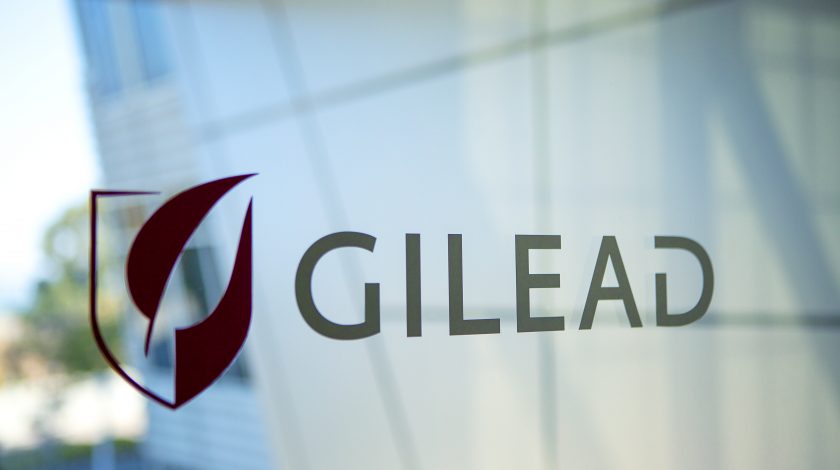Gilead says arthritis drug filgotinib fails in follow-up use trials

As Gilead and Galapagos prepare their JAK inhibitor filgotinib for a US filing in rheumatoid arthritis, the drug has suffered some setbacks in mid-stage trials.
Studies of the would-be rival to Pfizer, Eli Lilly and AbbVie JAK inhibitors, conducted in the immune system disorders lupus and Sjögren's syndrome, failed to meet their primary endpoints, according to comments made on Gilead’s third-quarter results call.
Lupus is a systemic autoimmune disease that occurs when your body's immune system attacks tissues and organs, while Sjögren's syndrome often occurs as a complication of diseases like arthritis or lupus and is characterised by dry eyes and dry mouth.
The two studies started in 2017 and tested filgotinib alongside other drugs in Gilead’s pipeline, which also failed to show efficacy. Both the lupus and Sjögren's studies trialled lanraplenib (GS-9876), a Syk kinase inhibitor, while the latter also tested a BTK inhibitor partnered with Ono Pharma called tirabrutinib (GS-4059).
Gilead’s head of inflammation R&D John Sundy told analysts that the trials were exploratory and had set a high bar for showing efficacy, and while they missed the mark “we did see evidence of activity with filgotinib, particularly in patients who had markers or evidence of more active disease.”
Meanwhile, Galapagos’ chief medical officer Walid Abi-Saab said on the company’s third-quarter call that the lupus trial focused on cutaneous lupus, and the two partners have another study ongoing in a similar condition called membranous arthritis.
Filgotinib has already been filed in Europe and Japan with a US FDA filing due by the end of the year, and also has positive mid- and late-stage data in ulcerative colitis, Crohn’s disease, and psoriatic arthritis.
Those are much larger indications than lupus and Sjögren's, but Gilead still isn’t giving up hope that filgotinib will prove effective in future studies – and provide a new and much-needed treatment option for patients with the conditions.
Patients in both trials had “a signal of activity” with filgotinib on “the typical endpoint that we use for lupus but also for Sjögren’s,” continued Ab-Saab, who added that the data support testing of filgotinib in additional phase 2 trials in certain sub-populations. There are also studies ongoing in uveitis as well as fistulising and small bowel Crohn’s, he added.
Filgotinib is angling to become the fourth JAK inhibitor approved for rheumatoid arthritis after Pfizer’s $1.8 billion market leader Xeljanz (tofacitinib), Eli Lilly’s Olumiant (baricitinib), and AbbVie’s recently-approved Rinvoq (upadacitinib).
Gilead firmed up its long-standing partnership with Galapagos in the summer with a wide-ranging, $5.1 billion deal that bolstered its pipeline with up to six clinical-stage and 20 pre-clinical-stage compounds. At a stroke, it helped to diversify Gilead’s pipeline as it copes with a dramatic decline in hepatitis C sales and increased competitive pressure in HIV.
News of the failed trials came as Gilead reported third-quarter results in line with expectations, with a good performance from HIV but disappointing sales of CAR-T therapy Yescarta for cancer which fell slightly on the prior quarter.
Revenue for the three-month period was flat at $5.6 billion, with HIV drugs accounting for $4.2 billion of that total, but costs associated with the Galapagos deal drove Gilead into a net loss of $1.2 billion.













